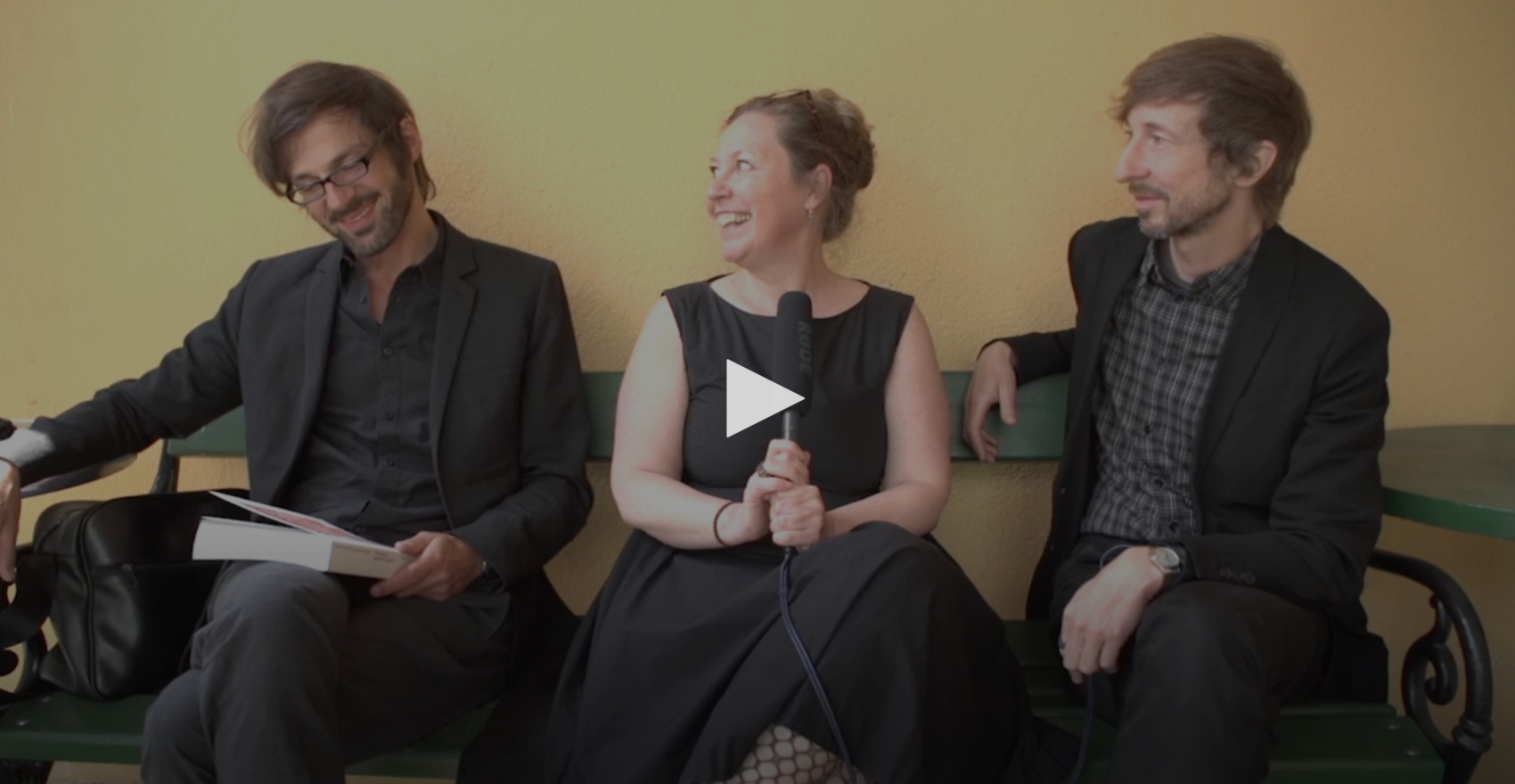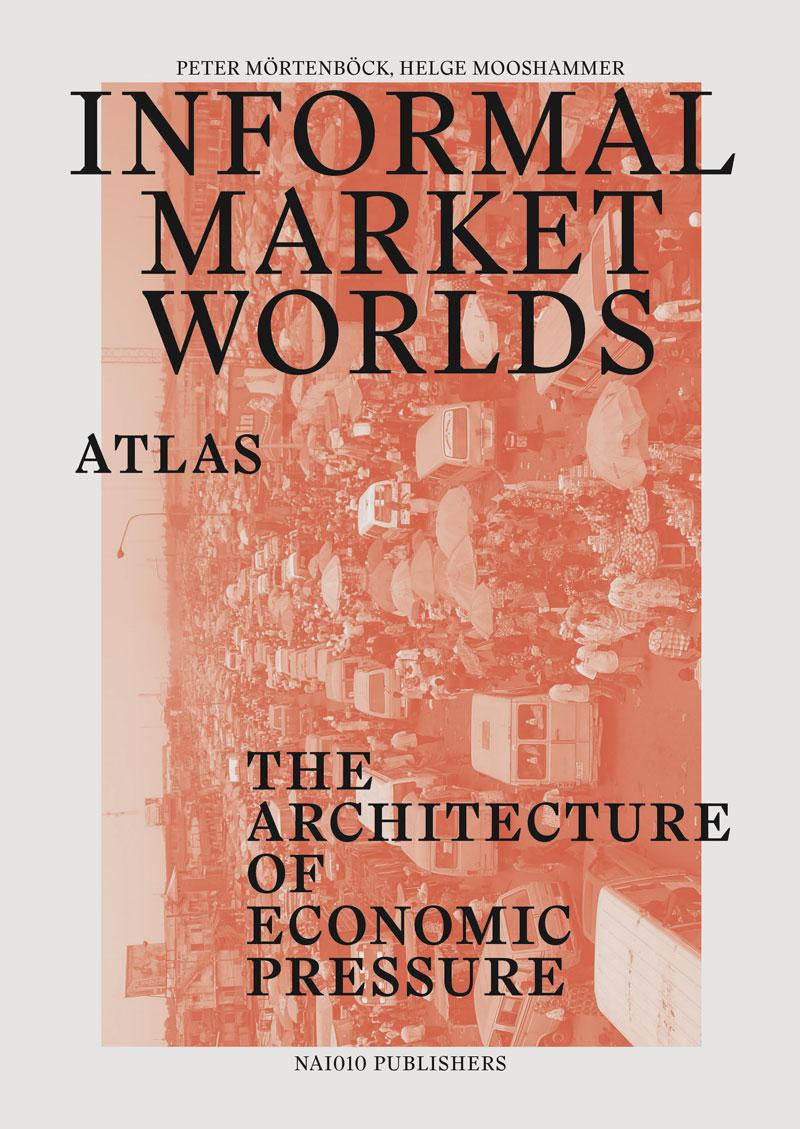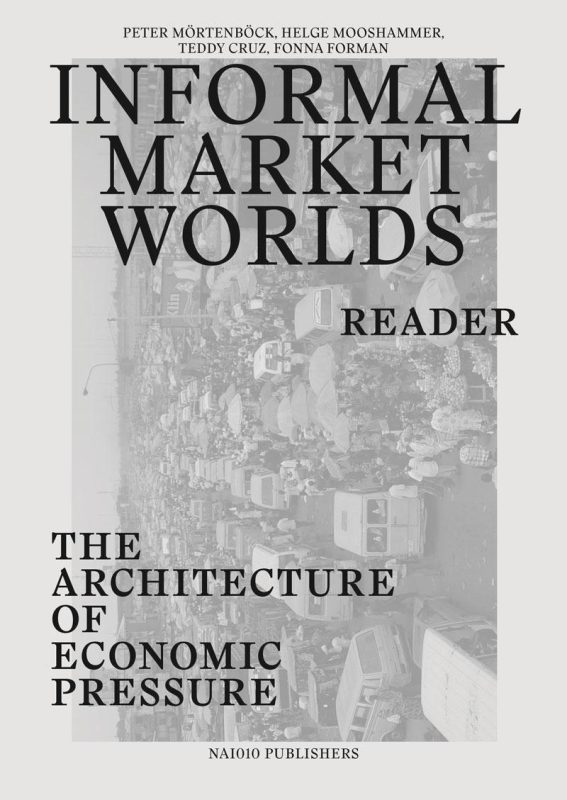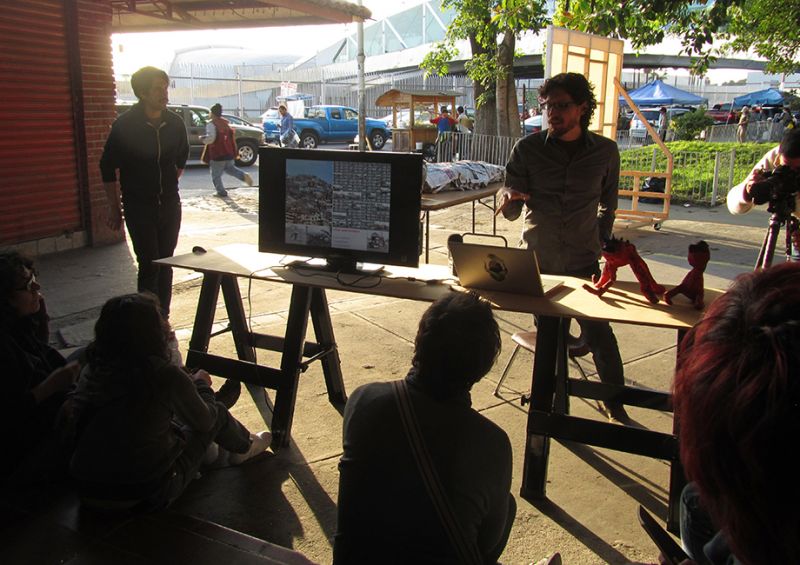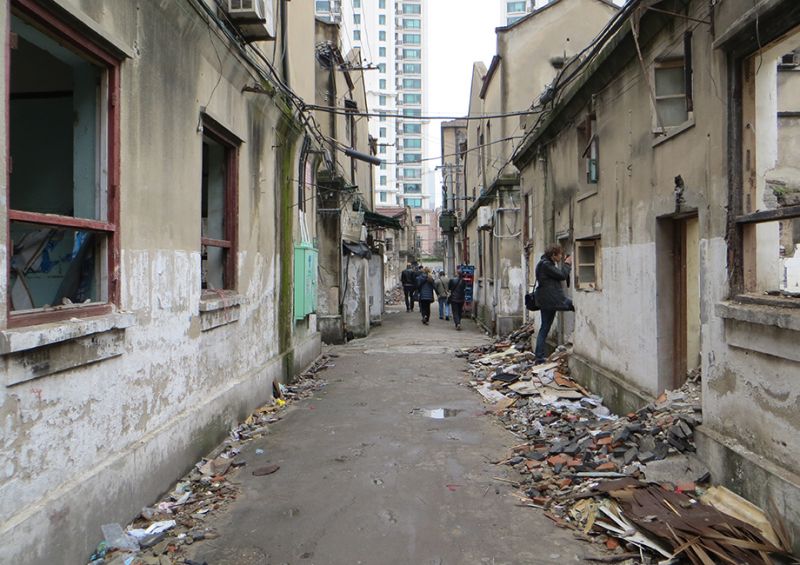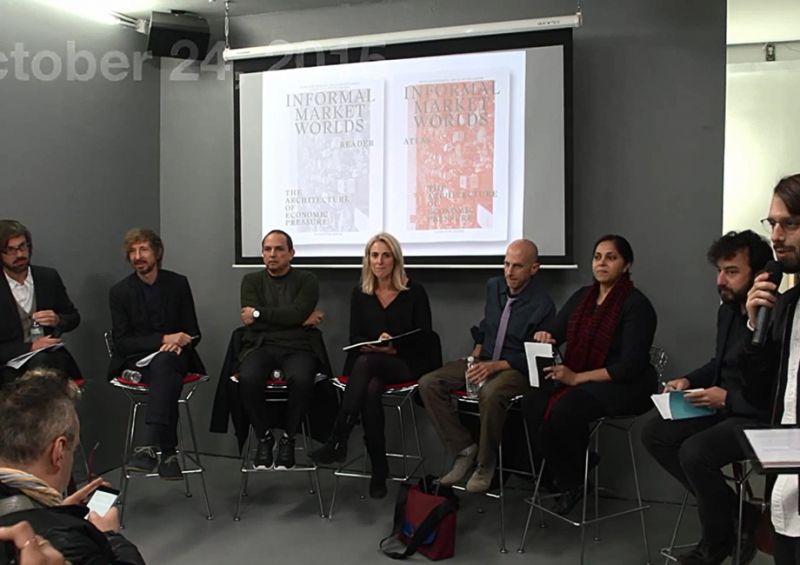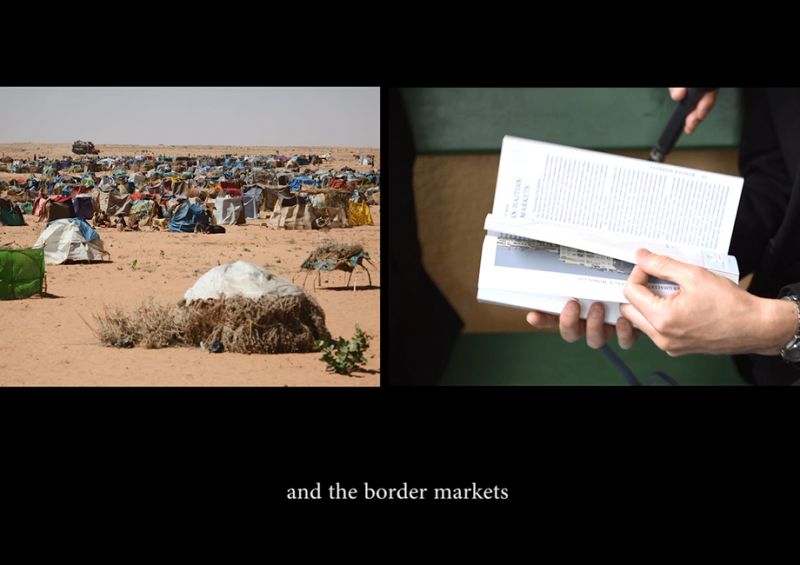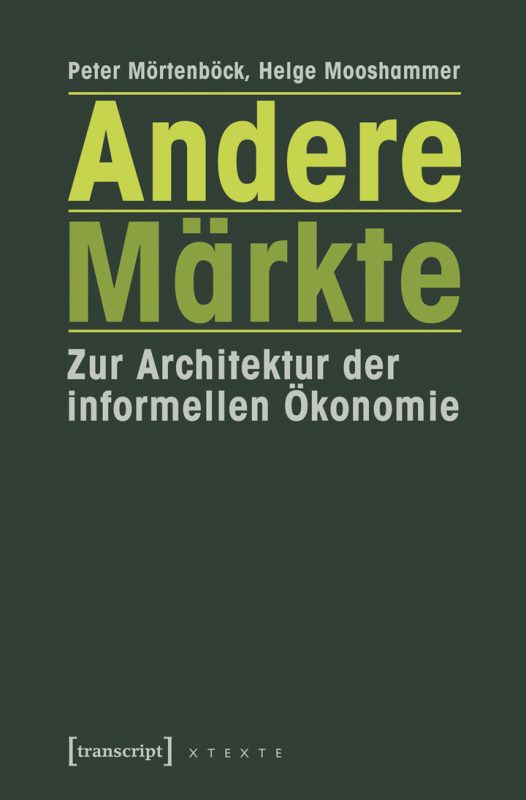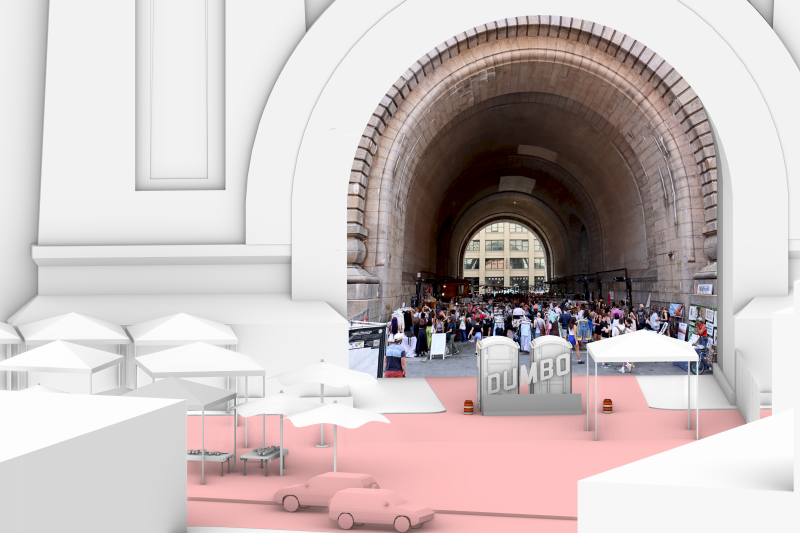- FWF
- 2010-2015
Other Markets
Other Markets is an international research project that investigates the architectural and cultural realm of informal markets as a decisive yet often overlooked theatre of urban transformation. Debating the spatial culture of informal markets as an arena of negotiation between multiple political demands, social actors and environmental constraints, Other Markets aims to conceptualise how we can build more equal participation in the space of economy vis-à-vis the economy of space. In what ways can the spatial practices and cultural mechanisms that sustain informal markets help us to articulate urban policies that are in line with the transnational realities of today’s populations?
NETWORKED ECOLOGIES IN 21ST CENTURY URBAN TRANSFORMATION
Architecture is politics in matter, a form of political conflictual practice that negotiates culture. This research project aims to investigate the architecture of ‘other markets’: informal spaces of exchange that have become paradigmatic sites for the emergence of ‘networked ecologies’ in 21st century urban transformation. Spurred by economic deregulations and the intertwined mobilisation of people and goods, informal systems have taken on a global dimension in structuring how we connect to each other, how we inhabit our environments, and how we engage in political and social operations. Nodal points of these transformations, informal markets entertaining long-distance relations have emerged on the fringes of major cities as well as on the borders between different states. Amidst the economisation of all aspects of life and the expansion of transnational spaces, these sites have evolved into prototypes of novel and extreme material configuration.
The investigations focus on the modalities of socio-spatial production in informal markets and their implications for new models of co-existence and exchange. While these globally distributed nodes of the informal economy are often effects of political upheaval, economic destabilisation, migratory movements and new labour situations, they shape complex systems of alternate relations wherever and whenever institutional protocols have come to a deadlock. The research approaches these dynamics through theoretical and empirical investigations into the visual culture of informal markets. It situates the architectures of informal markets as performative practices indicative of globally enacted juridico-political alignments and examines their workings by way of field studies and on-site transdisciplinary exchange in three different world regions (China/Southeast Asia; the Americas/US borders; Southeast Europe and the Mediterranean).
These findings are correlated with the recent geocultural discourse on graduated mobility, transient land use and flexible citizenship: What roles can informal sites play in new regimes of governance and in alternate systems of exchange? This theoretical framework on the development and operation of ‘networked ecologies’ traces the relational structures, spatial formations and cross-cultural trajectories of informal markets to explore the ambit of informally co-ordinated urban conduct and translocal sociality that transgresses the realm of established institutional operations. An accompanying ‘atlas’, produced by the research, illustrates how strategies of spatial appropriation, self-organised exchange and urban participation respond to the changing socio-economic condition of urban space and its tendencies to marketisation, transnationalisation and fragmentation. These results demonstrate the catalytic potential of architecture in the translation of global practices into situated cultural logics and thus provide an essential contribution to the transdisciplinary discourse on 21st century urban transformation.
Project directorArch. Dr HELGE MOOSHAMMER
TeamProf PETER MÖRTENBÖCK, co-investigator
Prof TEDDY CRUZ, on-site partner
PASCAL BERGER, on-site partner
Funded by
AUSTRIAN SCIENCE FUND (FWF): P 22809-G17
URBAN INFORMALITY
Responding to political upheaval and economic destabilisation, informal markets shape a volatile shadow system, whose relationship to the homogenising forces of global markets is characterised by its production of culturally heterogeneous micro- locations. Situated at the intersection of architecture and humanities this long term research aims to map out how the relational structures and cross-cultural trajectories of informal markets interact with novel assemblages of social conduct and urban investment.
Since the beginning of the 21st century, amidst a decade of global economic fluctuation and excessive urbanisation, the tension between competing forms of governance has increased substantially. It has set in motion radical shifts affecting the way we draw on our spatial and cultural resources: This has brought to the fore a new kind of urban system fuelled by the multi-directional movements of transnational urban deregulations and realignments – the ‘extended city’ as a cluster of networked sites produced by technology, laws, political pressures, migratory movements, disciplinary desires, and other trans-urban forces acted out locally.
In this context, the idea of the informal has found increasing resonance in today’s urban politics, social movements and academic discourse, as the foil against which the problematics of formally regulated structures can be measured. Currently, the debate is divided along the question whether informal structures are first and foremost the low-cost equivalent of global deregulation, which act as modes of integration into advanced urban economies or whether they provide the space for the emergence of alternative social formations.
FIELD WORK IN VISUAL CULTURE
Other Markets aims to expand this debate by engaging directly with the modalities of spatial production of informal economies; analysing how these places shape and are shaped by processes of graduated mobility, transient and informal land use, and newly emerging regimes of transnationality.
In examining the flows of market activities, the handling of resources, the paradoxes and problems facing the actors, the central and peripheral factors involved, these on-site studies aim to address the tensions and opportunities around which informal markets arise and transform, e.g. the conditions of spatio-economic self-management in such settings. They investigate the emergence of ad-hoc architectures, the markets’ exceptional legal or political status (e.g. as special economic zone), their hybrid roles as transnational hubs, their multi-level logistics of socio-spatial organisation and the possibilities these conditions create for interaction on the ground.
Field work into the visual culture of informal markets will be carried out in three world regions (Southeast Asia, Central America, the Mediterranean) and will combine site studies with on-site roundtable meetings in order to connect the research with the multiple intelligence around informal markets.
With intent to create a situated theory in the field, Other Markets will mobilise these workings as a critical epistemology within the research process through extended communications about its outcomes. This mobilisation strategy includes amongst other strands of publication and dissemination this online version of the atlas on Informal Market Worlds.
